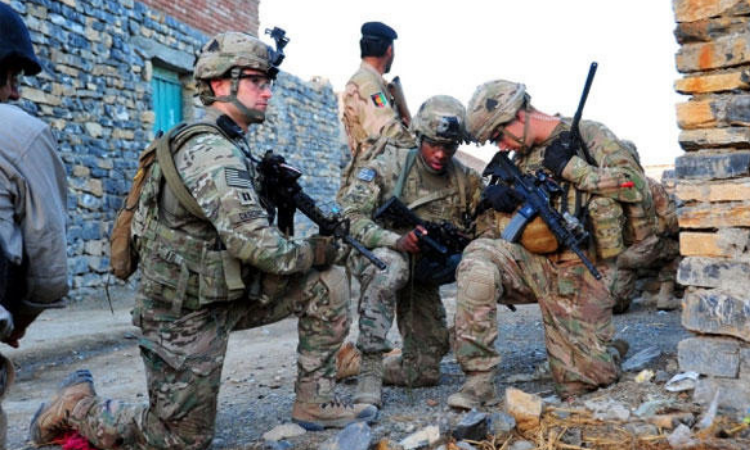Old Beyond Their Years
I met Forrest and Lakin Huckabey at the recent Project Sanctuary Retreat where, again, I did K.P. duty. And trust me, I’m not complaining. Before the week was over, I got to know the couple well enough to ask if I could interview them for my blog.
When I called Forrest, all I got was a monotonous beep. When I tried Lakin’s cell, she picked up. “Yes,” she said in answer to my question about whether she remembered me, but, “Forrest is out picking mushrooms with the boys. This spot in our home is about the only place around here we get cell reception.” Before we’d hung up, we’d set a time to try again the following day. I didn’t get through then either and even when we did finally connect a few days later, the reception was terrible until I called from our second floor bedroom.
Ranging in age from ten to one, the Huckabeys have five kids, all girls except four boys. And you wonder why Lakin is studying to be a social worker? Pregnant with their first child when she and Forrest were 16, they married when they graduated from high school. Two of their children were born to his sisters who, according to Forrest, “are both junkies.” The family lives lives 5 miles from Independence, Kansas, a slowly shrinking town of 10,000 tucked away in the far southeast corner of the state. So, while you may not be exactly in the middle of nowhere from the Lakin’s front porch, you can see it from there.
A Soldier’s Story
Slight of build, Forrest signed a four year contract with the Army when he was 19. Basic was at Ft. Benning, Georgia. By age 20 he was at the front edge of a year long deployment to Afghanistan; click here to see Forrest as a young trooper. While he was “down range,” another child was born. Because of “shitty leadership,” he didn’t get a two week leave to be with Lakin when the baby was born. Between deployments and training, he was rarely home with the family.
And then things really started going to hell in a hand basket. While walking down a narrow alley in an Afghan village, “a grenade sailed over the mud wall next to me. There was an open door nearby, but the platoon medic got to it before I could. When I was 5 feet away, the grenade exploded. My right side, including my elbow, was peppered with shrapnel.”
“Did you go to the hospital?”
“No. I finished the patrol. But I still have carpel tunnel. And shrapnel kept working its way to the surface for weeks. When it poked through my skin, I’d just pull it out. And then,” Forrest continued, “there was the time a couple of weeks later when an RPG hit the other side of the rooftop parapet I was on. I was out cold for a while,” he told me over the staticky connection. “In total, I served two deployments. During the second, I was a sniper. But in the end, I had both PTSD and TBI. I was finally given a medical discharge.”
A quality decision
What do you do with a story like this? Told, at least as far as I could tell, without so much as a trace of self pity. For my part, I changed the subject.
“How did your and Lakin’s marriage survive?”
“We saw what was going on all around us. We saw all the marriages falling apart. But we made a commitment to stick it out and not get a divorce. We also found out about Operation Heal Our Patriots. We applied and got accepted.”
“What’s Operation . . . ?”
“. . . Heal Our Patriots. It’s a ministry designed specifically for wounded vets. It’s run by Franklin Graham and it tries to help the marriages of people like us by getting God into their lives. We started with a retreat in on a lake in Alaska. Since then, we stay in touch regularly online. And have face to face meetings 2-3 times a year.” (A high percentage of those pictured on the website’s photo gallery are either using canes or have artificial legs. And those are just the visible injuries.)
“The Army’s individual counseling just isn’t helpful,” Forrest told me. “Those counselors don’t know what guys like me have been through. And local churches?” Forrest said, “We’ve tried them. We’d like to be part of one. But the several we’ve gone to just seem to be after your money.”
The conviction of things not seen
It wasn’t comfortable, but I did it anyway. I asked him his opinion of these wars in Iraq and Afghanistan that have dragged on nearly 20 years. With no apparent end in sight.
“They’re tragic,” he answered. “But they’re necessary. I wanted to do what I could to help the kids and the women and the elders.”
And who am I to argue?




